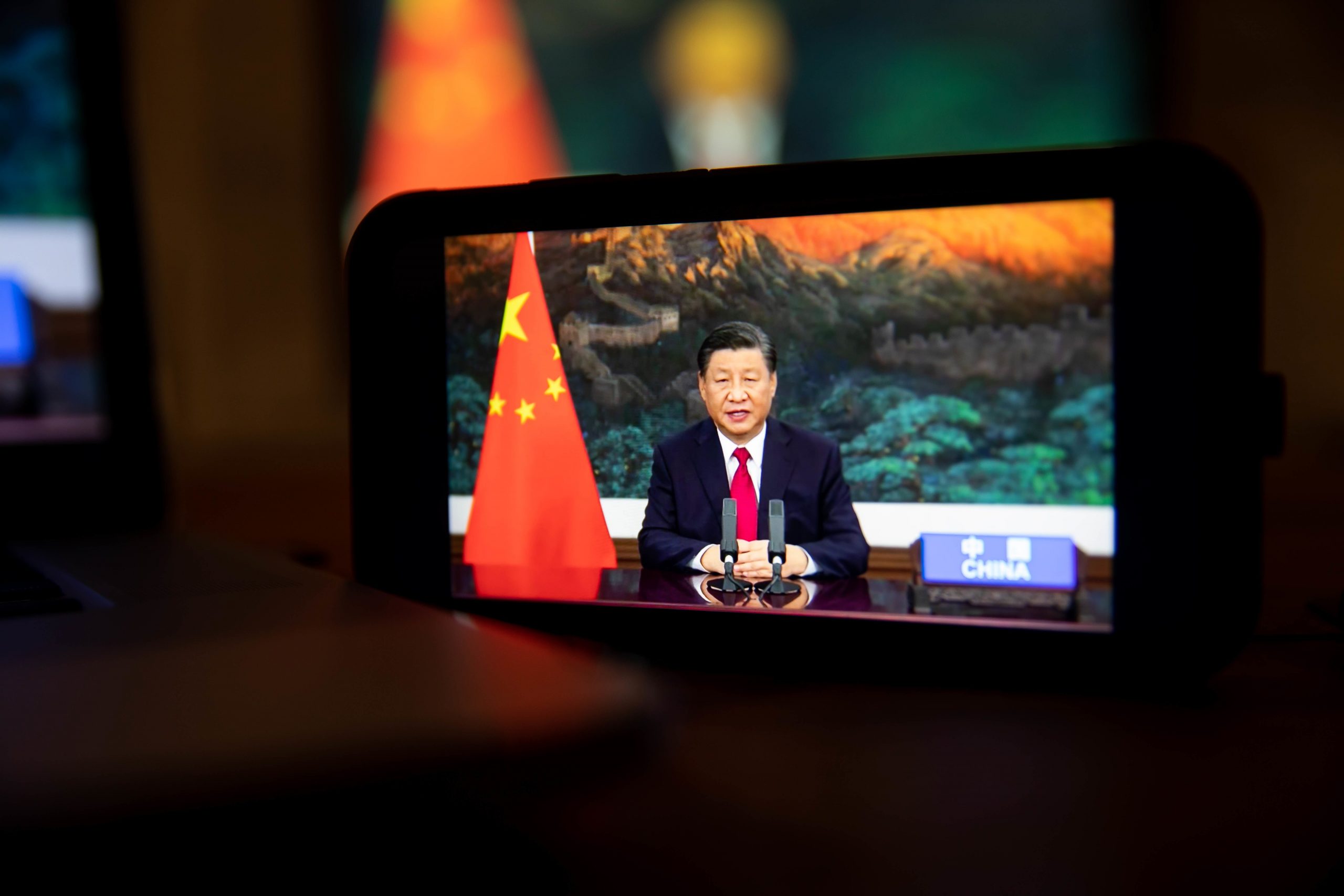A recent Chinese initiative to forgive 23 interest-free loans to 17 African countries and redirect billions of its International Monetary Fund reserves has divided analysts over whether this surface-level act of generosity is a public relations exercise or another case of “debt-trap diplomacy” playing out in real time.
Critics have long accused Beijing of engaging in debt-trap diplomacy, a predatory lending practice that involves it luring poorer countries into taking out loans for expensive infrastructure projects that are doomed to fail. When borrowers can’t pay back their debt, China goes in and seizes strategic assets that boost its dominance internationally.
“Analysts argue over Beijing’s intentions, but it is clear Chinese lenders have extended debt where there has been no or virtually no prospect for repayment,” Gordon Chang, author of The Coming Collapse of China, told the Washington Examiner. “Sri Lanka’s Hambantota port, which Beijing took over in 2017, is a cautionary tale, as are other high-profile projects in that now failed country. China, almost single-handedly, sunk Sri Lanka.”
XI COULD USE FORCE AGAINST TAIWAN AMID ‘CHALLENGES FROM WITHIN,’ TAIPEI OFFICIAL SAYS
Hambantota is one of the most widely cited cases of China’s debt-trap diplomacy. Beijing pushed Sri Lanka into borrowing money from Chinese banks to pay for the project, which had little to no real prospect of commercial success. China tacked on onerous terms and fees that pushed Sri Lanka into default. Beijing then demanded the port as collateral, forcing the island nation’s government to give it up to a Chinese firm.
The Trump administration used the incident to warn of China’s strategic use of debt, and in 2018, former Vice President Mike Pence used the phrase “debt-trap diplomacy” as evidence of the communist country’s ulterior motives. Former Attorney General William Barr also used the Sri Lanka case to argue that Beijing was a bad faith lender and claimed it was “loading poor countries up with debt, refusing to renegotiate terms, and then taking control of the infrastructure itself.”
Some critics have also accused China of creating debt traps to force poorer countries to vote with it in the U.N. General Assembly on sensitive subjects like Taiwan.

China has vehemently rejected allegations that it engages in debt-trap diplomacy and instead alleges that Washington uses it as a way to discredit the country on the international stage.
“Beijing’s propaganda machine in recent times has gone into overdrive denying ill intentions, but we can say Chinese lenders have been either predatory or extraordinarily incompetent in loan decisions,” Chang said.
Harry Verhoeven, a senior research scholar at Columbia University in New York City, said Beijing’s move in August to forgive the zero-interest loans in Africa could be aimed at countering its debt-trap reputation.
“It is not uncommon for China to do something like [forgive interest-free loans]. … Now, obviously, it is connected to the overall debt-trap diplomacy narrative in the sense that clearly there’s a felt need on the part of China to push back,” Verhoeven told VOA.
Verhoeven added that the money involved in the 23 forgiven loans would likely be modest, but the politics of such gestures could be priceless because “for many years the Chinese would kind of shrug at various aspects, various lines of criticism, pertaining to their engagement in different African countries.”
He added that China has “belatedly woken up to the fact that [debt-trap diplomacy] is a bit of a PR nightmare.”
CLICK HERE TO READ MORE FROM THE WASHINGTON EXAMINER
Chang agrees that it could be a possibility.
“Beijing never has any good intentions, so we can assume that it has granted debt relief because it has been, as a practical matter, forced to do so,” he said.

